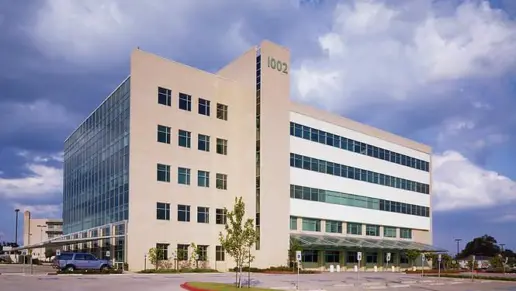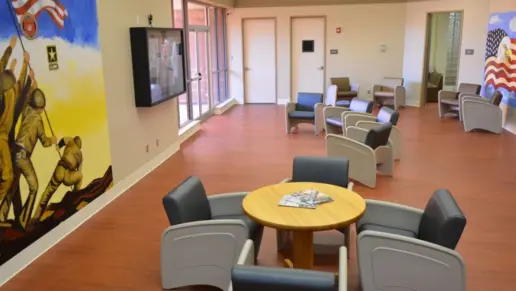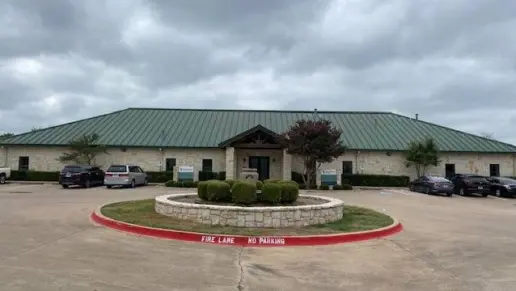About MHMRTC – Community Center
Known as the center of the Texas Longhorn cattle trade, Fort Worth, Texas features MHMRTC – Community Center. As a part of one of the largest Tarrant County facilities providing trauma sensitive addiction care, this CARF accredited outpatient center welcomes adults and adolescents. You can access proven therapeutic interventions to start or continue your recovery journey.
With outpatient care, you can attend treatment while living at home and maintaining daily commitments. Their programs offer multiple treatment best practices including individual and group sessions, life skills training, parenting classes, substance abuse education and more. You can also access gender specific groups to share your story and connect with peers on similar paths. These approaches can help you build essential coping skills while fostering a solid support system.
Comprehensive Care for HIV and Addiction
What stands out most to me is their HIV services. You can access an early intervention program if you’re battling substance use disorder and HIV. They combine education, prevention and testing services. You can also access intensive case management including personalized support, addiction treatment and counseling, community resource referrals, mentorships and more. They even provide transportation services.
No Financial Barriers to Recovery
I also think it’s nice that they won’t deny services based on finances. Along with accepting private insurance plans, private pay and Medicaid, you can still get the help you need without insurance. Their HIV and crisis services are free. Additionally, they provide discounted sliding scale fees based on your situation. That way, finances won’t stand in the way of starting recovery.
Dedicated Support for Veterans in Recovery
Lastly, I like that they offer Veterans services. You can access support and housing services through Liberty House. You’ll benefit from tailored care to get back on your feet and sustain recovery.
Facility Overview
Latest Reviews
Rehab Score
Gallery
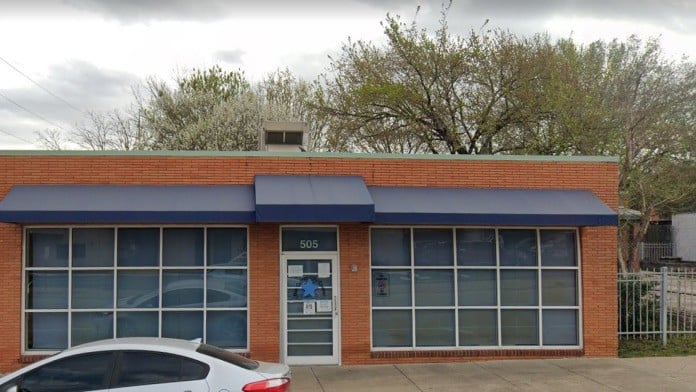
Accepted Insurance

Other Forms of Payment
Self-pay involves paying for treatment out of your own pocket. You can use savings or credit, get a personal loan, or receive help from family and friends to fund your treatment. If you don't have insurance or your insurance plan doesn't cover a specific program, self-pay can help ensure you still get the care you need.
Private insurance refers to any kind of healthcare coverage that isn't from the state or federal government. This includes individual and family plans offered by an employer or purchased from the Insurance Marketplace. Every plan will have different requirements and out of pocket costs so be sure to get the full details before you start treatment.
Medicaid is a state based program that helps lower-income individuals and families pay for healthcare. Medicaid covers addiction treatment so those enrolled can use their coverage to pay for rehab. When a program accepts Medicaid the client often pays very little or nothing out of their own pocket.
Financial aid can take many forms. Centers may have grants or scholarships available to clients who meet eligibility requirements. Programs that receive SAMHSA grants may have financial aid available for those who need treatment as well. Grants and scholarships can help you pai for treatment without having to repay.
Sliding scale payments are based on a client's income and family size. The goal is to make treatment affordable to everyone. By taking these factors into account, addiction recovery care providers help ensure that your treatment does not become a financial burden to you or your family, eliminating one barrier to care.
Addiction Treatments
Levels of Care
 Outpatient
Outpatient
 Aftercare Support
Aftercare Support
 Inpatient
Inpatient
Treatments
Many of those suffering from addiction also suffer from mental or emotional illnesses like schizophrenia, bipolar disorder, depression, or anxiety disorders. Rehab and other substance abuse facilities treating those with a dual diagnosis or co-occurring disorder administer psychiatric treatment to address the person's mental health issue in addition to drug and alcohol rehabilitation.
Mental health rehabs focus on helping individuals recover from mental illnesses like bipolar disorder, clinical depression, anxiety disorders, schizophrenia, and more. Mental health professionals at these facilities are trained to understand and treat mental health issues, both in individual and group settings.
Programs

Adult Program

Young Adult Program
Clinical Services
Research clearly demonstrates that recovery is far more successful and sustainable when loved ones like family members participate in rehab and substance abuse treatment. Genetic factors may be at play when it comes to drug and alcohol addiction, as well as mental health issues. Family dynamics often play a critical role in addiction triggers, and if properly educated, family members can be a strong source of support when it comes to rehabilitation.
Peer Support Groups are a safe place to share your thoughts and feelings with others who are on a mental health recovery journey and understand what you are going through. Groups are FREE and held weekly at the clinic or you can schedule individual sessions. Clinic groups are for anyone receiving MHMR services. Community Center groups are open to any member of the center.
In individual therapy, a patient meets one-on-one with a trained psychologist or counselor. Therapy is a pivotal part of effective substance abuse treatment, as it often covers root causes of addiction, including challenges faced by the patient in their social, family, and work/school life.
Life skills trainings involve all the skills a person must have in order to function successfully in the world. These include time management, career guidance, money management, and effective communication. Truly successful addiction recovery is based on the ability to not only live substance-free, but to thrive. Life skills teaches the practical necessities of functioning in society, which sets clients up for success in life, and therefore sobriety.
Trauma therapy addresses traumatic incidents from a client's past that are likely affecting their present-day experience. Trauma is often one of the primary triggers and potential causes of addiction, and can stem from child sexual abuse, domestic violence, having a parent with a mental illness, losing one or both parents at a young age, teenage or adult sexual assault, or any number of other factors. The purpose of trauma therapy is to allow a patient to process trauma and move through and past it, with the help of trained and compassionate mental health professionals.
Amenities
-
Private Setting
Staff & Accreditations
Staff

Susan C. Garnett
CEO
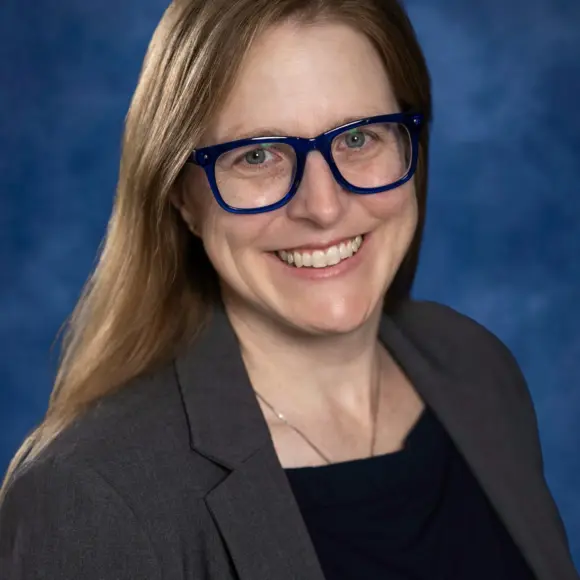
Catherine K. Carlton
COS
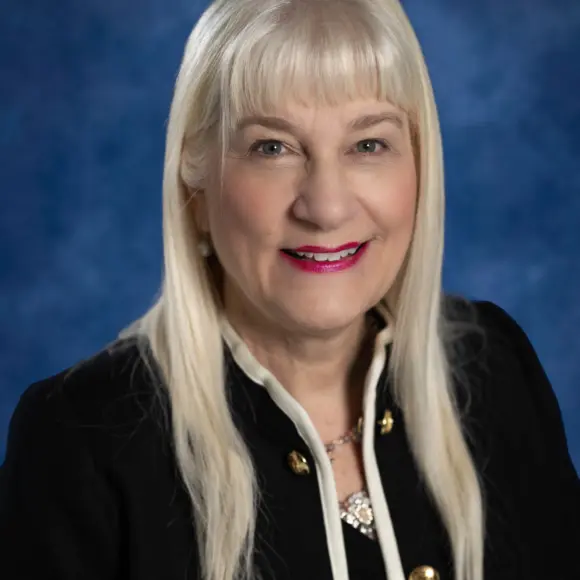
Dr. Carol A. Nati
CMO
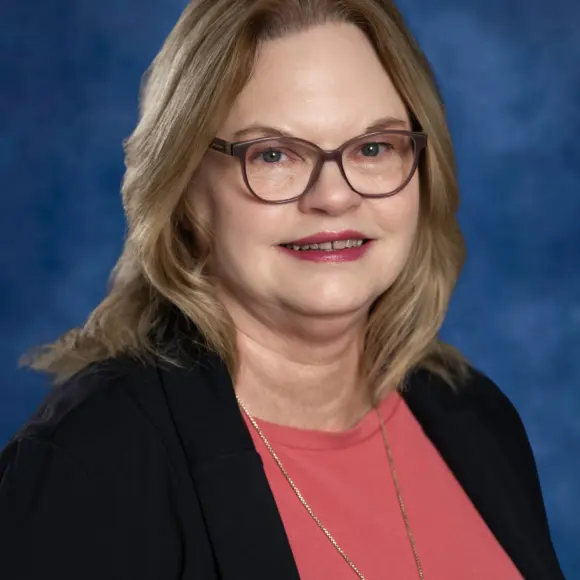
Grace E. White
Deputy Chief of Program Systems

Laura L. Kender
CPO
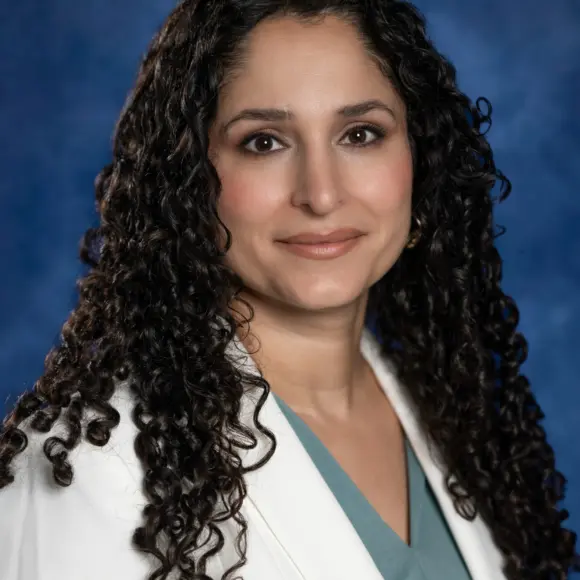
Diana K. Awde
CIO
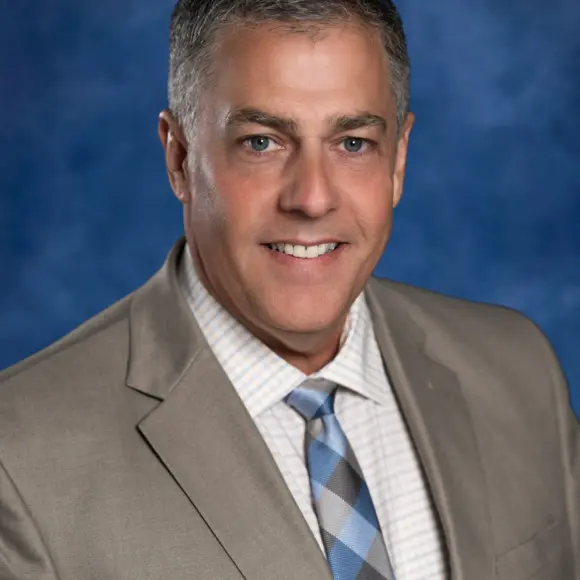
Aaron J. Bovos
CFO
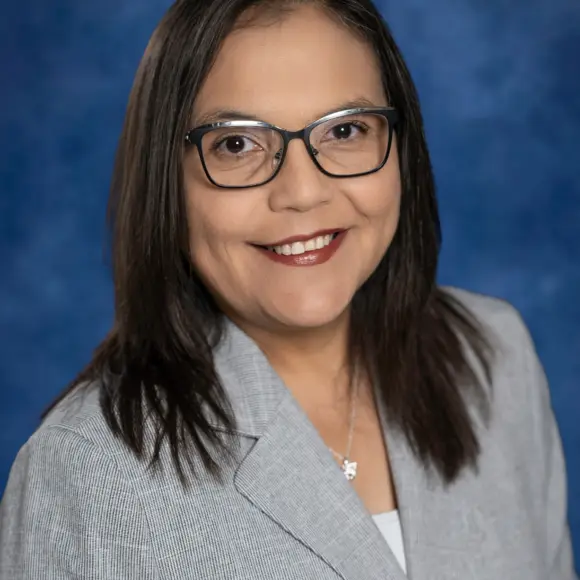
Aleed J. Rivera
General Counsel Center Administration
Accreditations

The Commission on Accreditation of Rehabilitation Facilities (CARF) is a non-profit organization that specifically accredits rehab organizations. Founded in 1966, CARF's, mission is to help service providers like rehab facilities maintain high standards of care.
CARF Accreditation: Yes
Contact Information
505 South Jennings Avenue
Fort Worth, TX 76104











